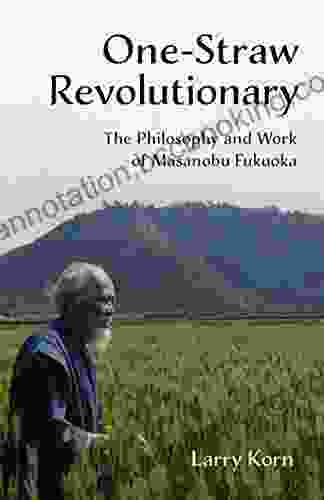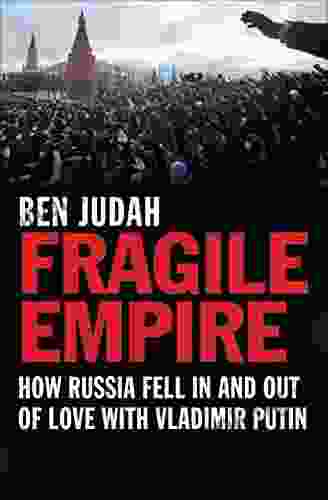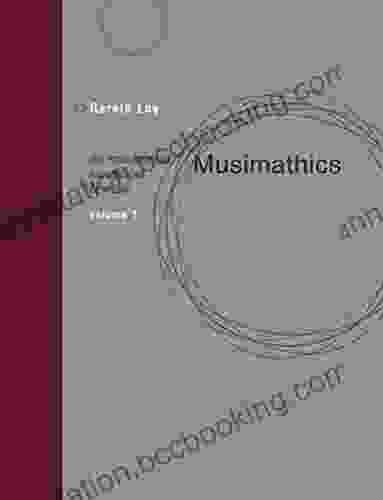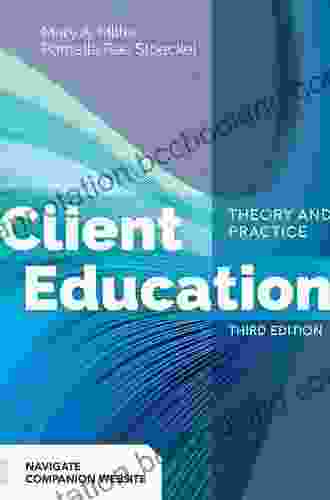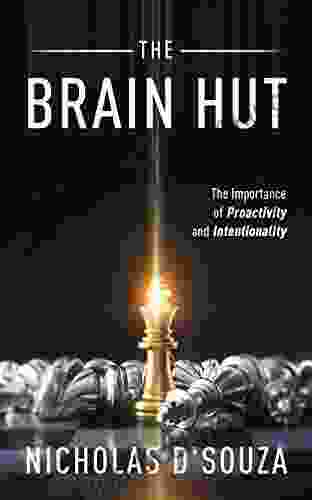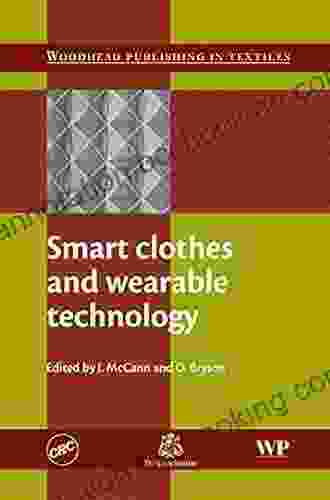Cultivating Harmony with Nature: Exploring the Philosophy and Work of Masanobu Fukuoka

In a world increasingly grappling with environmental challenges, the wisdom of Masanobu Fukuoka, a pioneering Japanese farmer and philosopher, offers a profound and timely perspective on our relationship with the natural world. Fukuoka's innovative approach to agriculture, known as "natural farming" or "do-nothing farming," challenges conventional practices and advocates for a harmonious coexistence between humans and the environment. Through his groundbreaking book, "The One-Straw Revolution," Fukuoka shares his insights and practical methods, inviting readers to rethink our approach to farming and cultivate a sustainable and fulfilling relationship with nature.
4.8 out of 5
| Language | : | English |
| File size | : | 3097 KB |
| Text-to-Speech | : | Enabled |
| Screen Reader | : | Supported |
| Enhanced typesetting | : | Enabled |
| Word Wise | : | Enabled |
| Print length | : | 270 pages |
Philosophy of Natural Farming
At the heart of Fukuoka's philosophy lies a deep respect for the natural world and its inherent wisdom. He believed that traditional agricultural practices, with their reliance on chemical fertilizers, pesticides, and intensive tillage, disrupt the delicate balance of ecosystems and ultimately lead to environmental degradation. Instead, Fukuoka advocated for a minimalist approach that respects the natural processes of growth and regeneration.
Fukuoka's "do-nothing farming" philosophy emphasizes observation, patience, and a willingness to learn from nature's cues. He encouraged farmers to observe their fields closely, understanding the soil conditions, plant growth patterns, and the interactions within the ecosystem. By minimizing human intervention and allowing natural processes to unfold, Fukuoka believed that farmers could cultivate healthy and resilient plants without the need for artificial inputs.
Practical Techniques
Fukuoka's philosophy of natural farming translates into a set of practical techniques that aim to mimic natural ecosystems and foster plant growth in a sustainable manner. These techniques include:
- No-till farming: Fukuoka believed that tilling the soil disrupts its natural structure and destroys beneficial microorganisms. Instead, he advocated for no-till farming, which preserves the soil's integrity and promotes healthy root growth.
- Cover cropping: Fukuoka used cover crops to protect the soil from erosion, suppress weeds, and add nutrients to the soil.
- Composting: Fukuoka emphasized the importance of composting organic matter to create nutrient-rich soil that supports plant growth.
- Water conservation: Fukuoka's techniques also focused on water conservation, such as mulching and rainwater harvesting.
- Integration of livestock: Fukuoka believed that integrating livestock into farming systems could enhance soil fertility and provide natural pest control.
Beyond Agriculture
Fukuoka's philosophy and work extend beyond the realm of agriculture. He believed that the principles of natural farming could be applied to all aspects of human life, from education to healthcare. Fukuoka emphasized the importance of living in harmony with nature, respecting its rhythms, and learning from its wisdom. His teachings have inspired individuals around the world to adopt more sustainable and holistic lifestyles.
Legacy and Impact
Masanobu Fukuoka's work has had a profound impact on the development of sustainable agriculture and permaculture. His ideas have been adopted by farmers, environmentalists, and policymakers worldwide. The principles of natural farming have been incorporated into organic farming practices, conservation agriculture, and regenerative agriculture. Fukuoka's writings continue to inspire individuals to rethink their relationship with the natural world and to strive for a more harmonious and sustainable future.
Masanobu Fukuoka's revolutionary approach to agriculture and his profound philosophy of living in harmony with nature offer invaluable lessons for our time. By embracing Fukuoka's principles, we can cultivate a more sustainable and fulfilling relationship with the natural world, ensuring the well-being of both ecosystems and future generations. "The One-Straw Revolution" remains an essential read for anyone seeking to deepen their understanding of environmental stewardship and to create a more just and sustainable future for all.
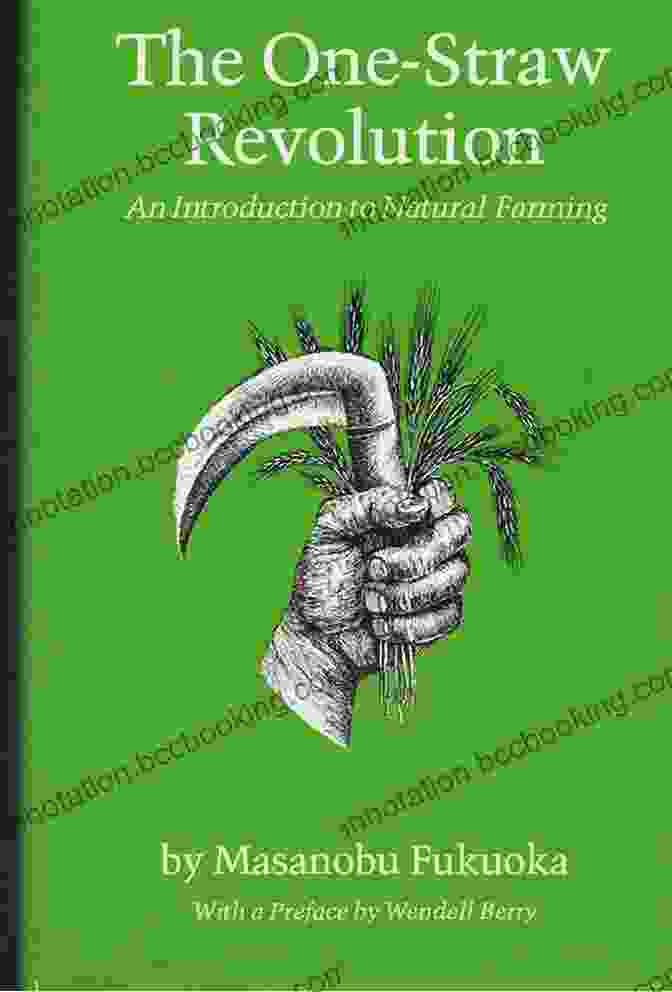
4.8 out of 5
| Language | : | English |
| File size | : | 3097 KB |
| Text-to-Speech | : | Enabled |
| Screen Reader | : | Supported |
| Enhanced typesetting | : | Enabled |
| Word Wise | : | Enabled |
| Print length | : | 270 pages |
Do you want to contribute by writing guest posts on this blog?
Please contact us and send us a resume of previous articles that you have written.
 Book
Book Novel
Novel Page
Page Chapter
Chapter Text
Text Story
Story Genre
Genre Reader
Reader Library
Library Paperback
Paperback E-book
E-book Magazine
Magazine Newspaper
Newspaper Paragraph
Paragraph Sentence
Sentence Bookmark
Bookmark Shelf
Shelf Glossary
Glossary Bibliography
Bibliography Foreword
Foreword Preface
Preface Synopsis
Synopsis Annotation
Annotation Footnote
Footnote Manuscript
Manuscript Scroll
Scroll Codex
Codex Tome
Tome Bestseller
Bestseller Classics
Classics Library card
Library card Narrative
Narrative Biography
Biography Autobiography
Autobiography Memoir
Memoir Reference
Reference Encyclopedia
Encyclopedia Carrie Stuart Parks
Carrie Stuart Parks Louise Courey Nadeau
Louise Courey Nadeau Mark Robson
Mark Robson Martin Widmark
Martin Widmark Sherry Thomas
Sherry Thomas Cynthia Miller Idriss
Cynthia Miller Idriss James E Packer
James E Packer Cynthia D Yoder
Cynthia D Yoder Dale Brown
Dale Brown Nick Steverson
Nick Steverson Arthur C Clarke
Arthur C Clarke Willie Pietersen
Willie Pietersen David Mcintosh
David Mcintosh Peter Aitchison
Peter Aitchison Mike Commito
Mike Commito Alfred P Sloan Jr
Alfred P Sloan Jr Martin Ony
Martin Ony Phil Bourque
Phil Bourque Simon Kuper
Simon Kuper Rajani Larocca
Rajani Larocca
Light bulbAdvertise smarter! Our strategic ad space ensures maximum exposure. Reserve your spot today!

 Demetrius CarterKnit Your Way to Winter Warmth: Discover the Six Simple Scarves Knitting...
Demetrius CarterKnit Your Way to Winter Warmth: Discover the Six Simple Scarves Knitting... Jayson PowellFollow ·4.9k
Jayson PowellFollow ·4.9k Braden WardFollow ·16k
Braden WardFollow ·16k Robert ReedFollow ·19.3k
Robert ReedFollow ·19.3k Anthony BurgessFollow ·2.7k
Anthony BurgessFollow ·2.7k Emilio CoxFollow ·8.2k
Emilio CoxFollow ·8.2k Max TurnerFollow ·14.1k
Max TurnerFollow ·14.1k Noah BlairFollow ·12.6k
Noah BlairFollow ·12.6k Mitch FosterFollow ·16k
Mitch FosterFollow ·16k
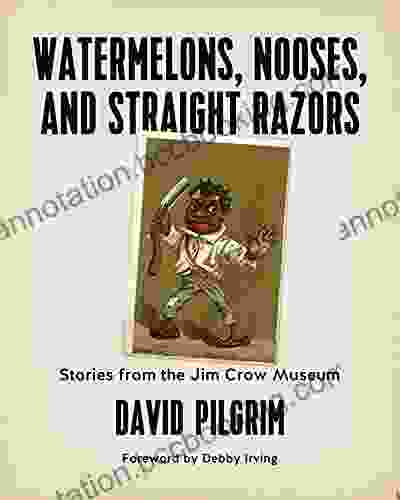
 Voltaire
VoltaireStories From The Jim Crow Museum: Unveiling the Haunting...
A Journey into the Depths of...
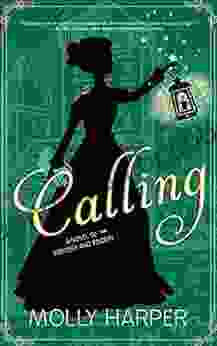
 F. Scott Fitzgerald
F. Scott FitzgeraldCalling Sorcery And Society: Illuminating the...
: The Alluring Embrace of Sorcery ...
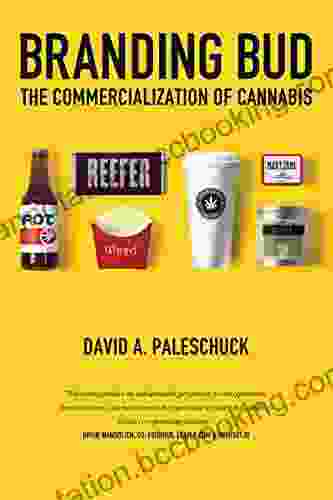
 Marcel Proust
Marcel ProustBranding Bud: Unveiling the Green Rush
As the legalization...
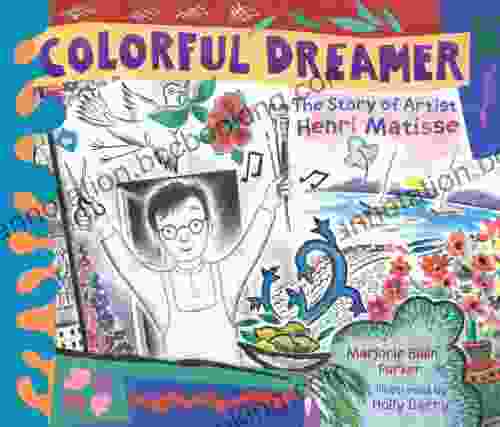
 Henry Wadsworth Longfellow
Henry Wadsworth LongfellowColorful Dreamer: The Story of Artist Henri Matisse
Henri Matisse was a French artist...
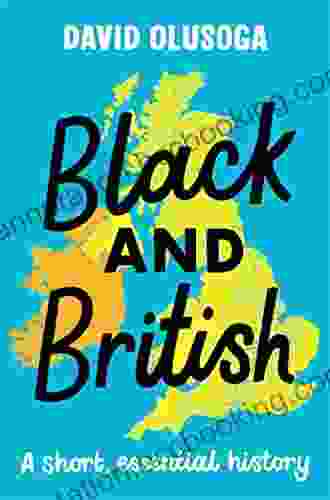
 Adrian Ward
Adrian WardDelving into the Tapestry of Black British Identity: A...
In the realm of historical...
4.8 out of 5
| Language | : | English |
| File size | : | 3097 KB |
| Text-to-Speech | : | Enabled |
| Screen Reader | : | Supported |
| Enhanced typesetting | : | Enabled |
| Word Wise | : | Enabled |
| Print length | : | 270 pages |


